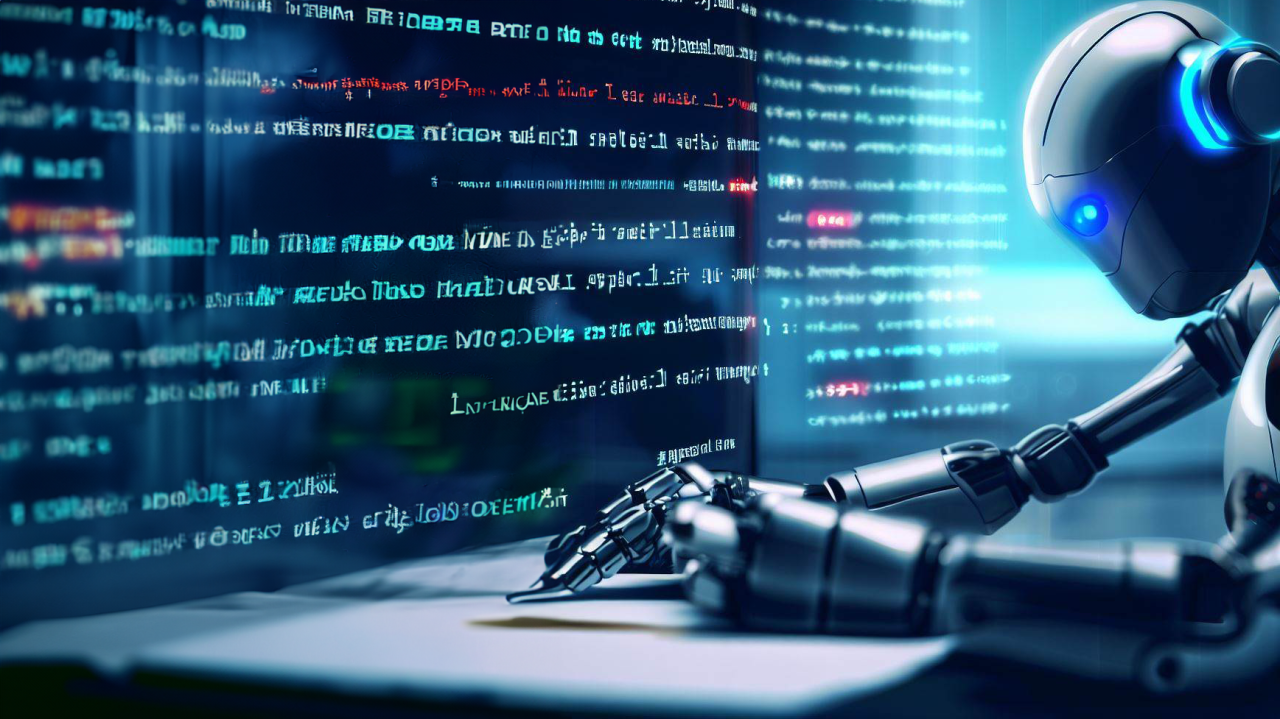
Having blogged yesterday about China leapfrogging the world of finance through AI, there are alternative views, particularly in the Big Tech world.
In a fireside chat with Meta CEO Mark Zuckerberg at Llamacon, Nadella said, “I’d say maybe 20 to 30 percent of the code that is inside of our repos today in some of our projects are probably all written by software,” with ‘software’ here being a euphemistic term for AI (via The Register).
Nadella clarified that its AI is writing fresh code in a variety of programming languages, rather than overhauling existing code. Nadella claimed the AI-generated results he’s seen using Python are “fantastic”, while code generated in C++ still has a ways to go.
CTO Kevin Scott says that he expects a whopping 95% of the company’s code to be AI-generated by 2030.
That doesn’t sound good for a guy raised on expecting a job for life in technology!
It’s not just Microsoft either as Google CEO, Sundar Pichai, revealed in a recent earnings call that AI is used to generate 30% of code for the search giant, potentially about to be cut down to size, too.
The thing to note is that while AI is rapidly advancing and can automate certain coding tasks, it's unlikely to completely replace human programmers anytime soon. Instead, AI will augment human programmers, making them more efficient and productive by handling routine tasks while leaving more complex and creative work for humans.
In particular, when coding, AI will automate the most repetitive tasks such as generating code and debugging, which will boost productivity by automating routine tasks. Specifically, AI can free up programmers to focus on more strategic and creative aspects of software development and help people with little coding experience to create software.
The critical thing is that most people don’t see AI completely replacing programmers because programming involves complex problem-solving and understanding of intricate software systems. More than this, a lot of coding requires creativity and the ability to innovate, which are still largely human domains.
Equally, when we apply this augment, not replace mentality to finance, finance requires human oversight and judgment. This is not something AI can do intrinsically. It can be educated and trained, but the AI-generated code needs human insight to avoid errors or biases. This is critical in financial movements and then, even with AI-generated code, human programmers will still be needed to review, debug, and ensure the quality and safety of the code.
For those reasons in critical areas like finance, the demand for highly skilled software engineers who can design, implement, and maintain complex systems will likely remain high.
So, what would I do if was looking at my career prospects for the future?
First and foremost to accept that my world will be augmented by AI tools, using them to enhance productivity and efficiency. Because of this there will be new jobs, such as AI trainers and developers who specialize in building and managing AI tools.
The only thing is that I blogged ten years ago that banks need rock star coders to survive. Ten years later, my conclusion is that banks need rock star code trainers to survive.
Equally, btw, it’s not about developers and coders anymore, thanks to AI. It’s about vision, creation, innovation and drive to train, maintain and sustain the AI coding systems. In the meantime, what do we do with all that old legacy and technical debt? Well, that’s another story …
Chris M Skinner
Chris Skinner is best known as an independent commentator on the financial markets through his blog, TheFinanser.com, as author of the bestselling book Digital Bank, and Chair of the European networking forum the Financial Services Club. He has been voted one of the most influential people in banking by The Financial Brand (as well as one of the best blogs), a FinTech Titan (Next Bank), one of the Fintech Leaders you need to follow (City AM, Deluxe and Jax Finance), as well as one of the Top 40 most influential people in financial technology by the Wall Street Journal's Financial News. To learn more click here...

